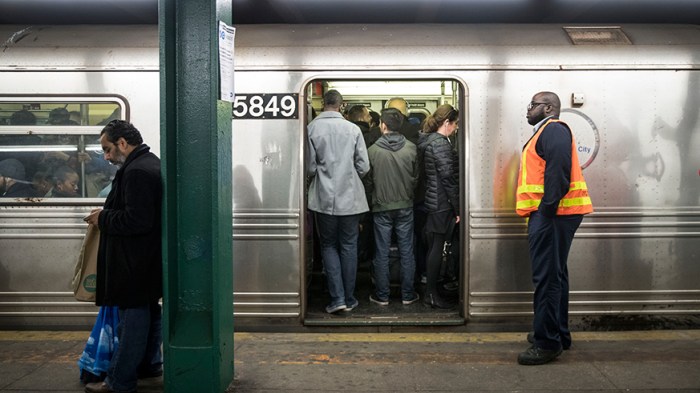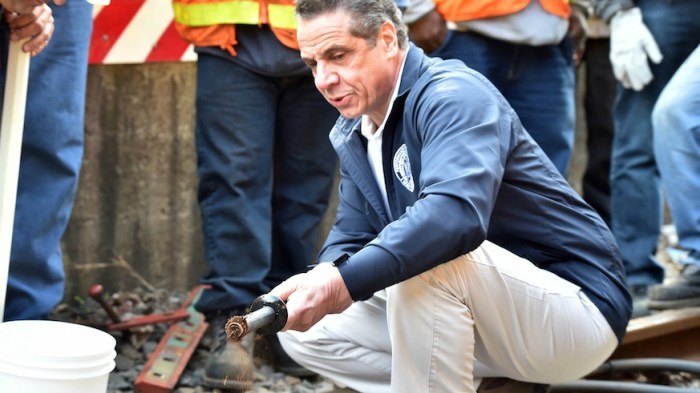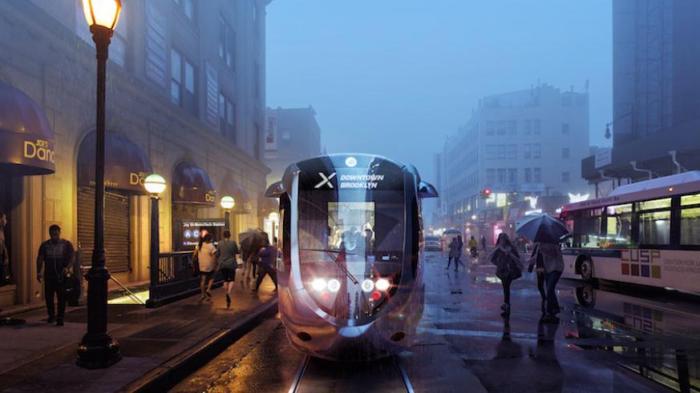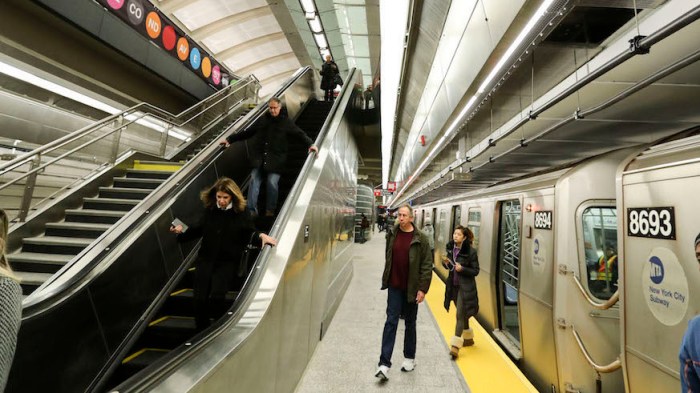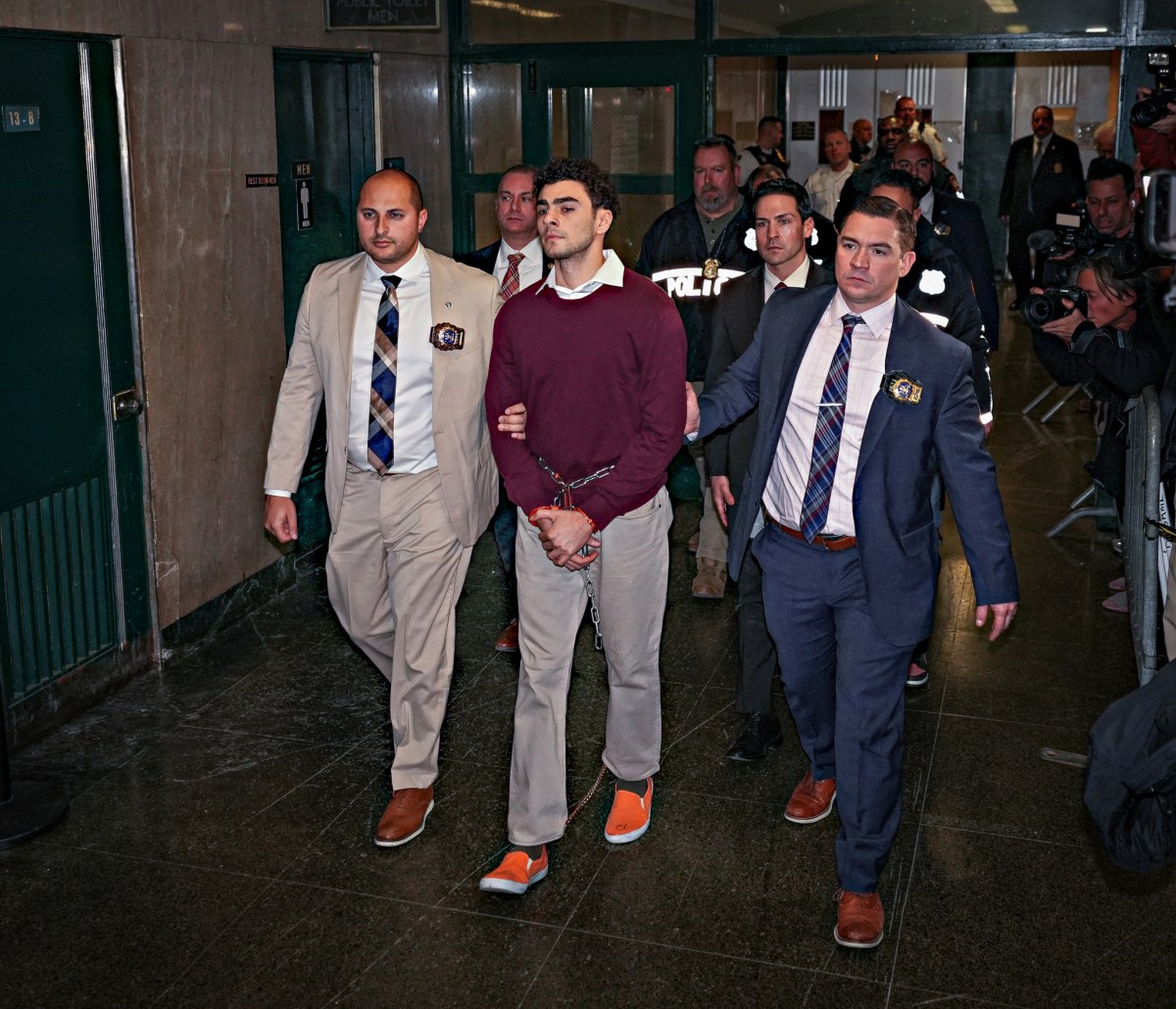Subway delays are more than just an annoyance, they’re a real harm to the city’s economy and the lives of every day New Yorkers. But not all New Yorkers are affected by delays equally, according to a new report.
In a report released this week, economists with the Federal Reserve Bank of New York looked at how subway delays (frequent on the city’s aging system) hurt poor residents more than wealthy ones.
New Yorkers with higher incomes tend to have shorter commutes to work, according to the study, because they live either in city centers near offices, or closer to transportation centers — both places where housing is more expensive.
New Yorkers with incomes above $100,000 have commutes under 40 minutes, and a shorter commute time means a smaller chance to experience subway delays.
Low-income New Yorkers tend to live further out from downtown areas, and thus have longer subway rides. According to the report, those in households that make under $50,000 spend 50 to 80 minutes on their commute.
“Spending more time on the train necessarily increases the risk of experiencing some kind of service disruption,” the authors write. “And… subway riders with the longest commute times are also less able to substitute away from a troubled line because the next subway line or station may be very far away.”
Low-income New Yorkers may not also work traditional 9 to 5 jobs, and this poses another problem. Commuting during off-hours — to get to a night shift, for example — means a straphanger could be delayed by planned construction work, which tends to be done outside of rush hour.
Plus, “low-income people may not be able to spend money on a taxi or rideshare service to get to work in the case of an extreme delay,” the authors write. “Aside from the obvious frustration of unanticipated delays, longer commutes mean people risk losing pay — or even their jobs — and may have less time to invest in their health, education, and children. That is bad news for all New Yorkers.”


